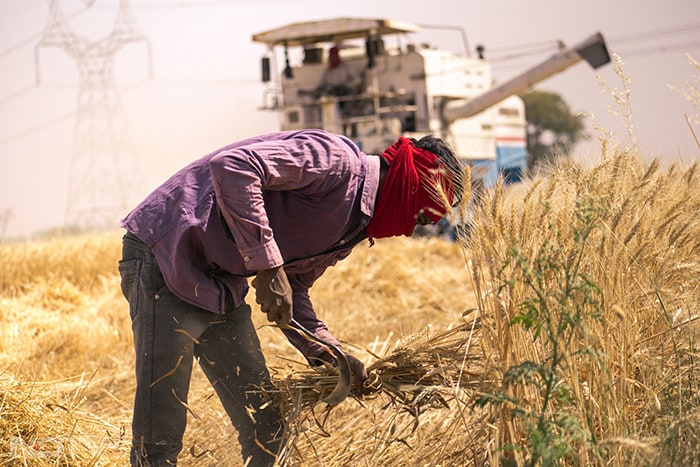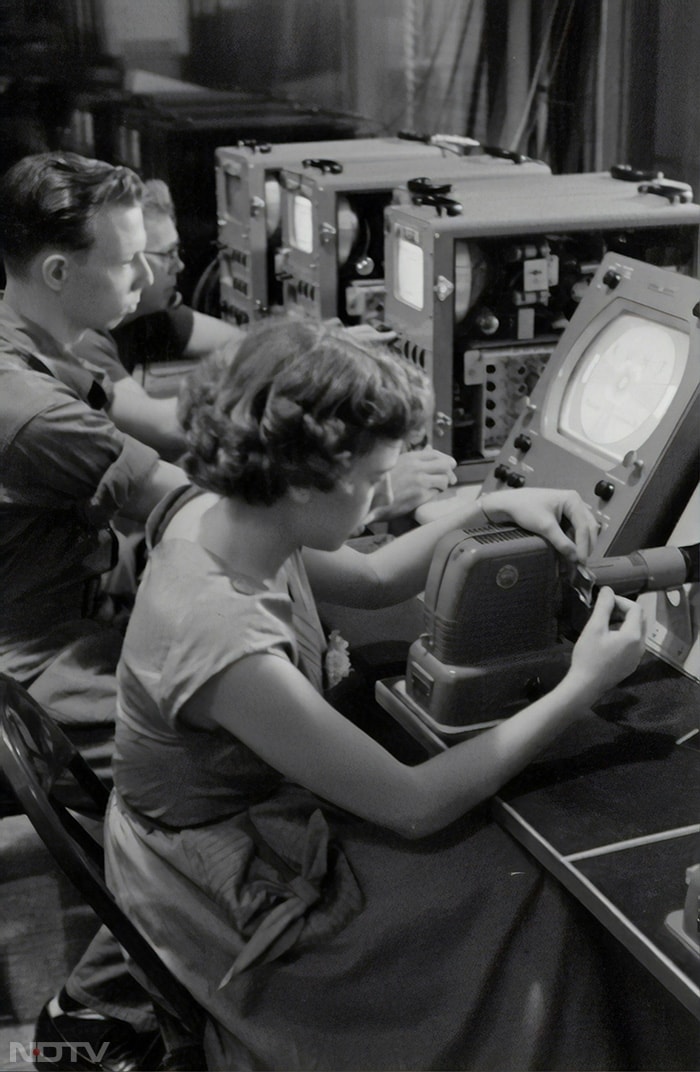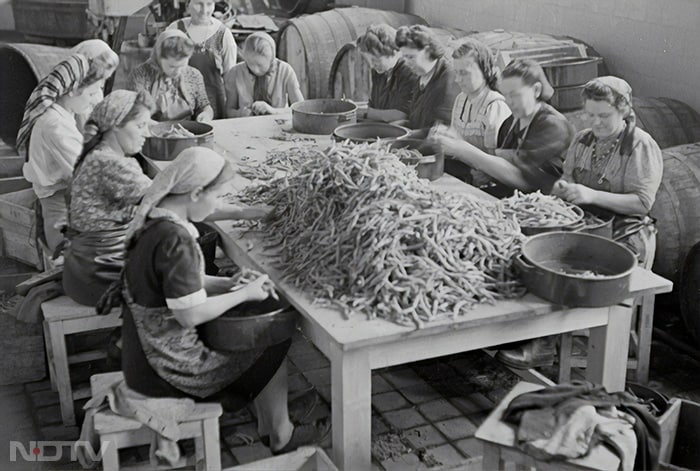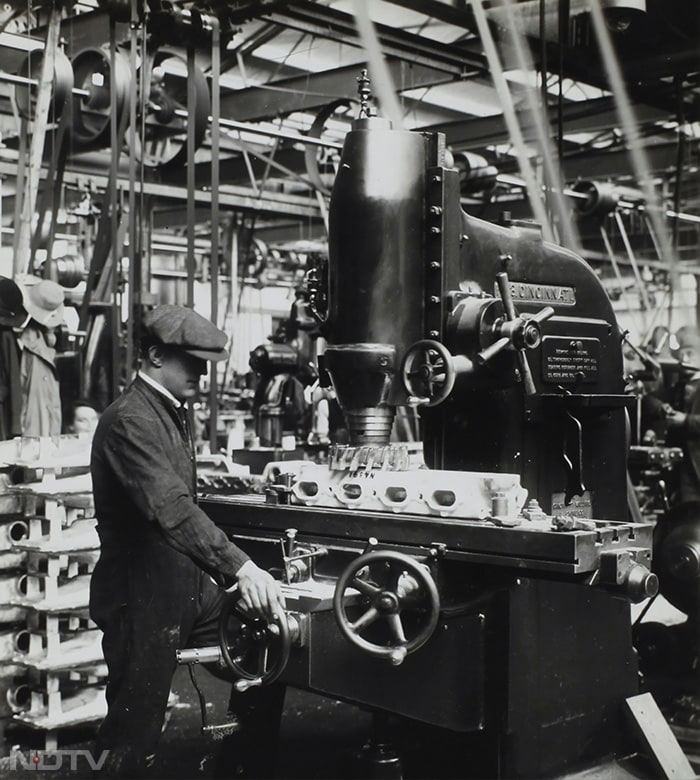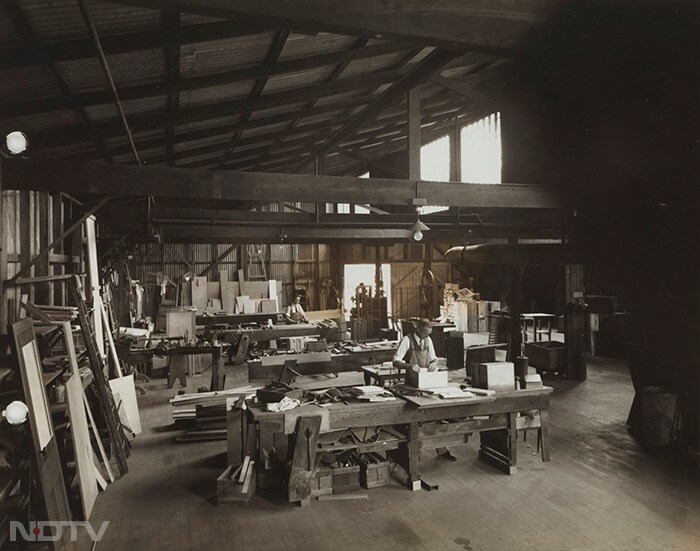International Labour Day: What To Know About The Day That Celebrates The Working Class
The celebrations for International Labour Day were held for the first time in 1889. Since then, the day has become a beacon of hope for the working class across the world.
-
The origins of International Labour Day can be traced back to the late 19th century when labour movements emerged across industrialised nations. During this time, workers endured gruelling conditions, including long work hours, low wages, and hazardous environments. In response to these injustices, workers organised protests and strikes to demand better treatment and improved working conditions. (Unsplash)
-
One pivotal event in the history of Labour Day is the Haymarket Affair, which occurred in Chicago in 1886. On May 1st of that year, workers gathered in Haymarket Square to peacefully demonstrate for an eight-hour workday. However, the protest turned violent when a bomb was detonated, leading to casualties among both police officers and protesters. (Unsplash)
-
Since then, Labour Day has evolved into a global observance, with millions of people participating in marches, rallies, and other activities to honour workers' contributions and advocate for their rights. It serves as a reminder of the progress made in securing labour rights and protections, as well as the ongoing struggles faced by workers in various industries and regions. (Unsplash)
-
The significance of International Labour Day extends beyond its historical roots to encompass contemporary issues such as fair wages, safe working conditions and social justice. It provides an opportunity to reflect on the achievements of the labor movement and renew the commitment to upholding the dignity and rights of all workers, regardless of their occupation or background. (Unsplash)
-
In addition to its historical and symbolic importance, Labour Day also serves as a time for relaxation and leisure, allowing workers to recharge and spend quality time with their families and loved ones. It is a day to recognise the value of labour and the importance of striking a balance between work and life. (Unsplash)

